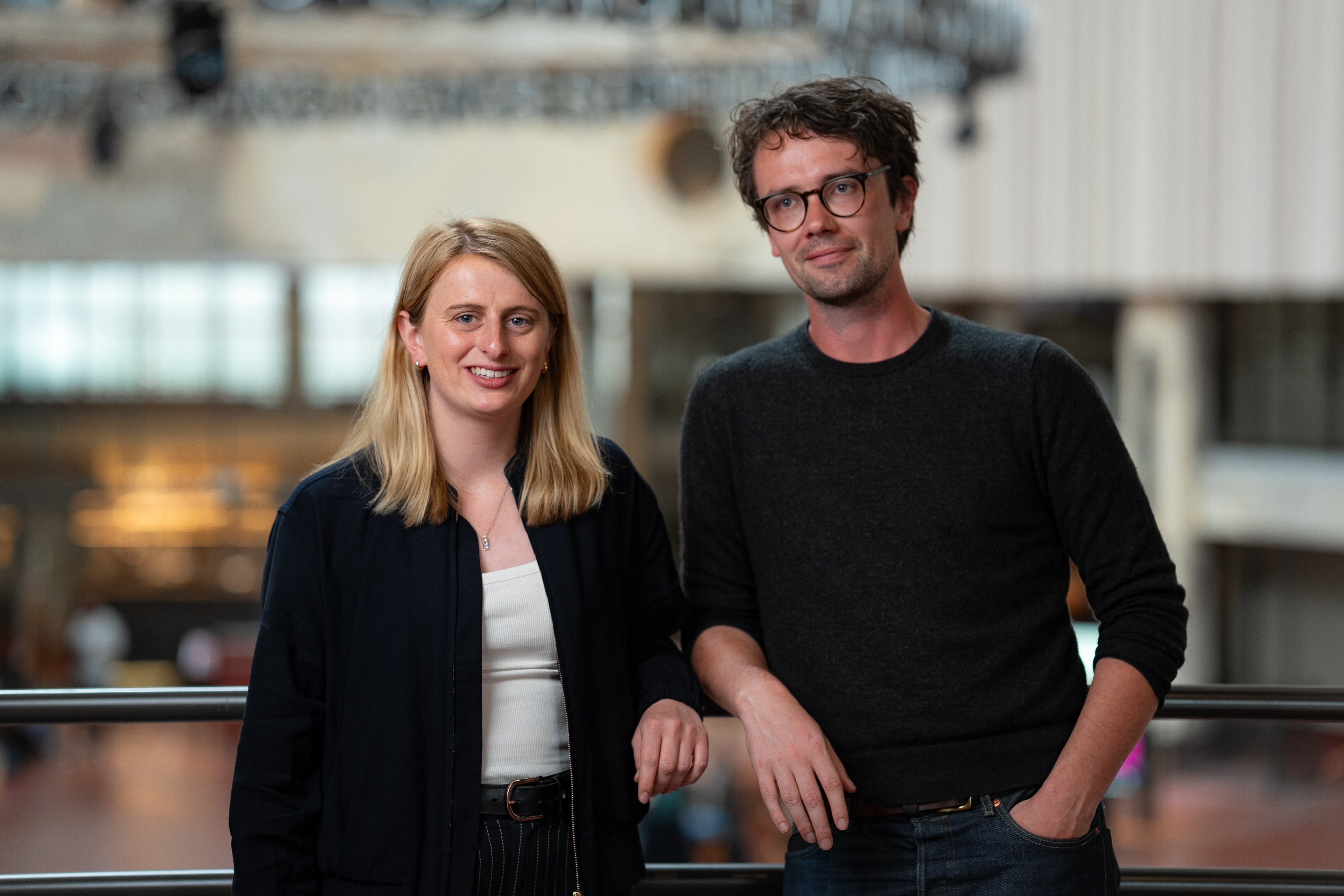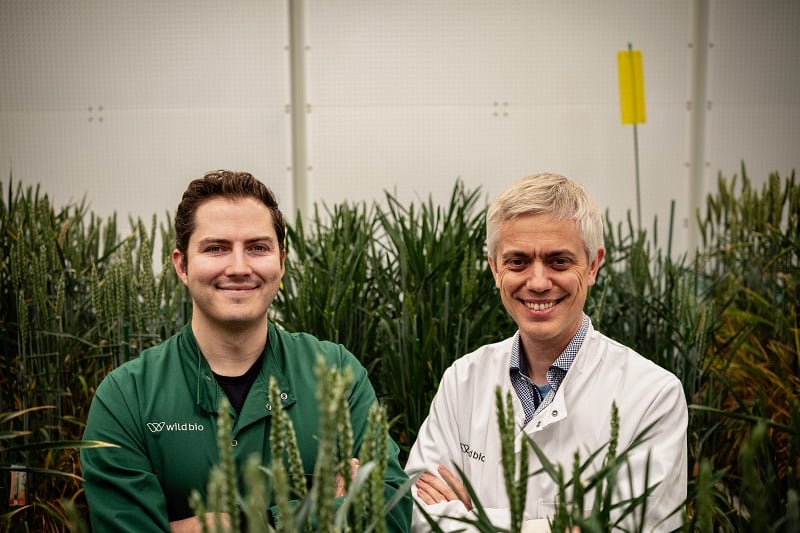“Capital isn’t absent, but it’s more focused. Investors are backing ventures that show commercial viability, measurable impact, and resilience,” said Jennifer Yuen, co-founder of Further Food & Ag.
Speaking to AgTechNavigator, she said the firm’s work as connectors and advisors brings it in contact with innovators, as well as investors and corporates.
“There’s clear recognition of what the challenges in the industry are around food security, around climate resilience and adaptation, but also the significant business opportunity we see in the… so there’s both challenges and also a big business opportunity.
“The mood is much more focused and pragmatic. Investors are clear on the priorities now — food security, supply chain stability, climate resilience, and adaptation.”
In this investment climate, she believes the region is on the precipice of change.
“We believe this is a really critical period for the region… Now’s the time that some folks are really focused and looking at how do we enable this transformation?” said Yuen.
At the same time, sustainability has been reframed as being crucial to performance and long-term value.
“Investors see sustainability as both risk management and an opportunity. Across South East Asia, capital is going into companies that help the region adapt, protect productivity, and deliver measurable outcomes,” said Yuen.
What’s driving investors
According to Yuen, there are three major areas that are drawing strong investor attention at the moment.
The first is artificial intelligence and digitisation, which is being used to build smarter, more resilient systems across the food value chain – from robotics to supply chain platforms.
“An example for that is Farm.IO, a company that is facilitating digital transformation across the food supply chain,” said Yuen.
Another key area is in regenerative agriculture and nature-based solutions.
“We know that it’s critical to not only address soil health but improve soil health and improve the productivity of our land. We’re seeing some really great innovations, both in regenerative farming, sustainable aquaculture and nature positive approaches. A couple of examples are Living Roots, which has biological fertilisers, and OlsAro, which develops heat-resistance wheat,” said Yuen.
Lastly, Yuen is also seeing interest in novel ingredients and bio-innovations, which includes precision fermentation, next-generation proteins, and bio-based ingredients.
She highlighted Eclipse Ingredients, which develops lactoferrin proteins and Terra Oleo which gas developed microbial tech for next-generation oils.
Yuen added that women are increasingly at the forefront of agrifood innovation, not only as founders but also as funders.
“Women are a large proportion of farmers, and many women scientists and founders are stepping up to drive transformation,” said Yuen.
The company will debut its Investment Summit in Singapore on November 3 in response to the demand in Asia Pacific.
Convergence
Yuen emphasised that future of agrifood innovation lies in convergence, with multiple technologies and models working together to drive transformation.
She highlighted the combination of AI and digital tools, regenerative practices as well as circular bioeconomy models that turn agricultural waste into new sources of value.




